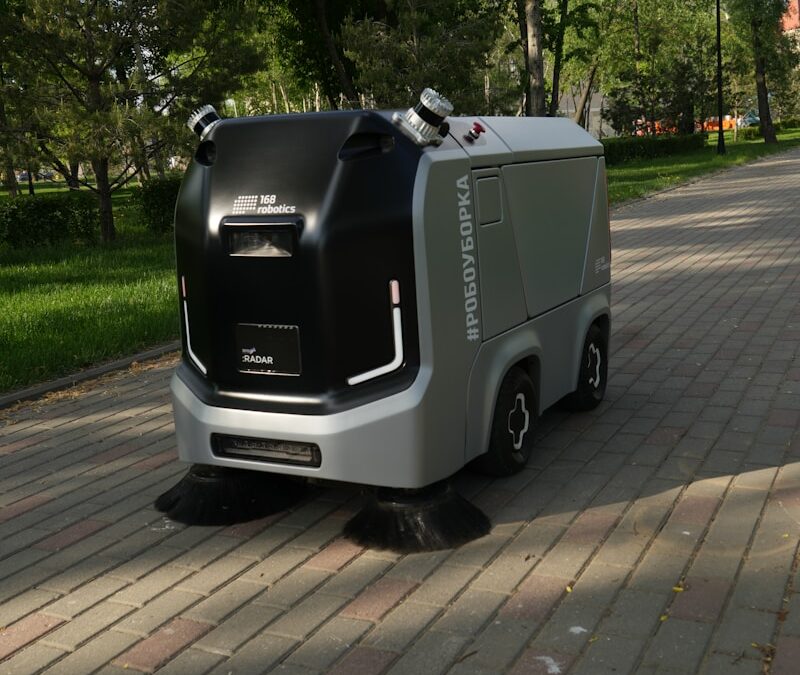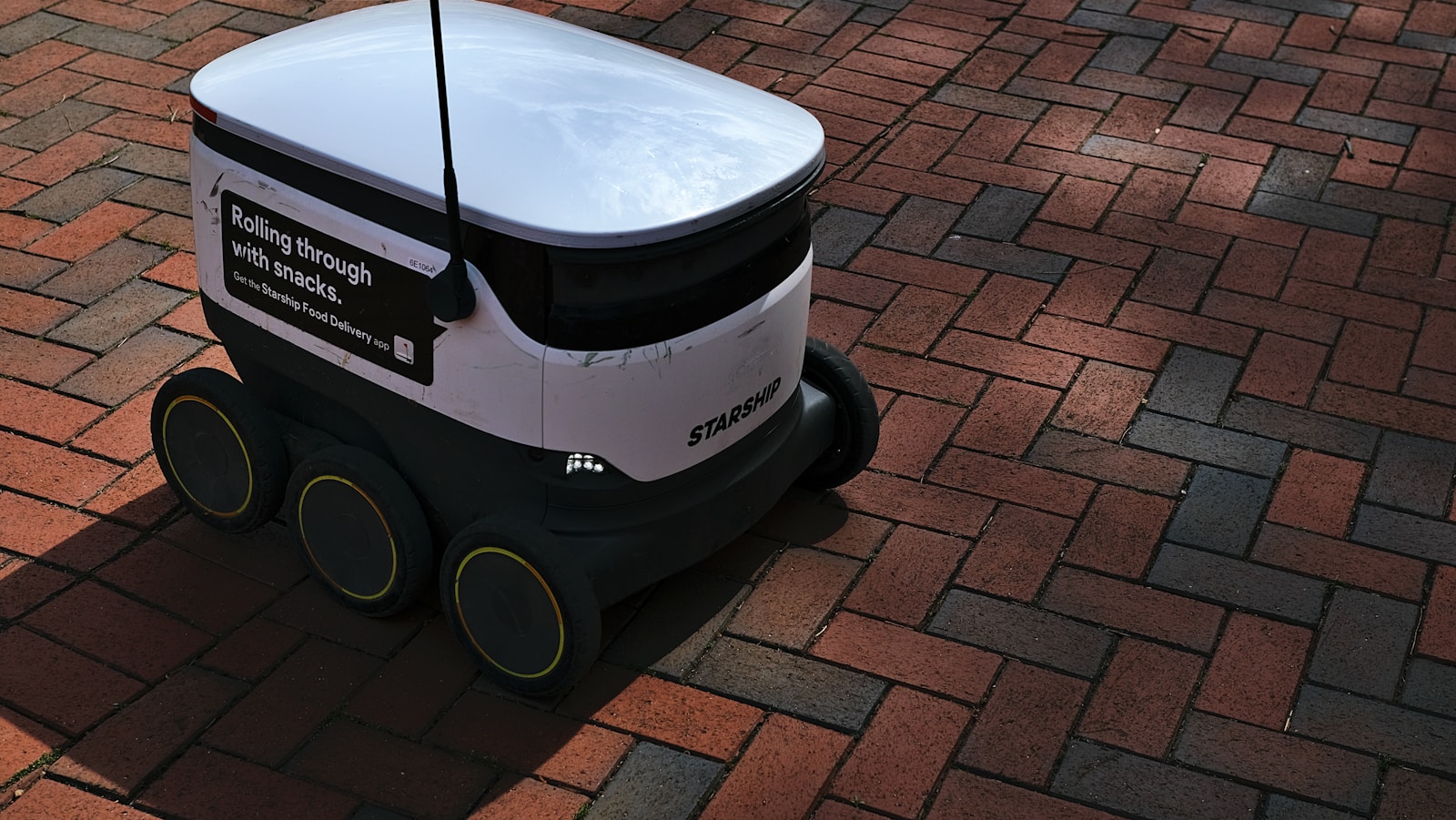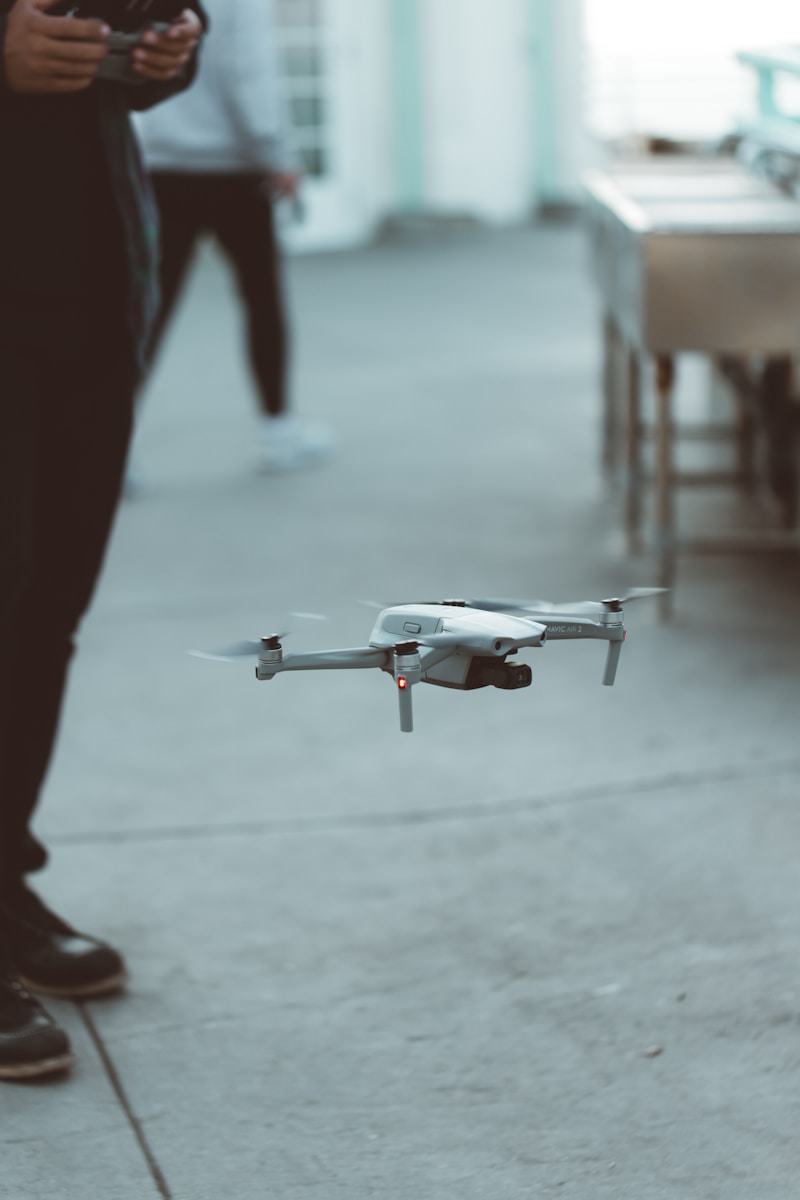The Role of Blockchain in Advancing Autonomous IoT Systems
Enhancing Trust with Blockchain in Autonomous IoT Systems
Blockchain in autonomous IoT systems is emerging as a powerful solution to establish trust and security in networks where traditional centralized oversight is not feasible. As businesses in Saudi Arabia, the UAE, and other regions increasingly adopt IoT technologies, the integration of blockchain offers a decentralized framework that eliminates the need for intermediaries, thereby supporting trustless operations. This approach is particularly beneficial in environments such as smart cities, autonomous vehicles, and industrial automation, where seamless, secure communication between devices is crucial.
In Riyadh and Dubai, the push towards smart city initiatives is driving the need for secure, autonomous IoT systems that can operate independently with minimal human intervention. By utilizing blockchain, these IoT systems can achieve enhanced security through decentralized consensus mechanisms that verify and validate transactions or data exchanges between devices. This decentralization reduces the risk of data tampering, fraud, and cyberattacks, which are significant concerns in highly connected environments. For instance, blockchain can ensure that data from smart sensors deployed across a city’s infrastructure remains tamper-proof, thereby providing reliable information for traffic management, energy distribution, and public safety.
Moreover, blockchain’s ability to provide a transparent and immutable ledger makes it an ideal solution for establishing accountability in autonomous IoT systems. By recording every transaction and data exchange on a distributed ledger, blockchain ensures that all actions within the network are traceable and verifiable. This not only enhances operational transparency but also fosters trust among stakeholders, whether they are businesses, government entities, or consumers. As a result, blockchain-enabled IoT systems can operate autonomously without the need for constant oversight, allowing for more efficient and scalable operations.
Streamlining Decentralized Decision-Making in IoT Networks
Another key advantage of integrating blockchain in autonomous IoT systems is its ability to facilitate decentralized decision-making. In traditional IoT networks, decisions are often made centrally, which can create bottlenecks and single points of failure. However, blockchain allows for a distributed approach where each device or node can independently verify transactions and make decisions based on consensus. This decentralized decision-making process is particularly valuable in complex, large-scale IoT deployments found in Saudi Arabia’s industrial sectors or Dubai’s logistics and transportation networks.
For example, in Dubai’s autonomous transportation systems, blockchain can be used to manage and verify interactions between self-driving vehicles, traffic lights, and road sensors. By leveraging a decentralized network, these IoT devices can communicate and coordinate actions in real-time, optimizing traffic flow and reducing congestion without the need for a centralized control system. Similarly, in Saudi Arabia’s oil and gas industry, blockchain can support the autonomous operation of IoT-enabled drilling equipment, ensuring that data related to resource extraction is accurate, secure, and accessible to authorized parties.
The decentralized nature of blockchain also enhances the resilience of IoT networks against disruptions. In the event of a network failure or cyberattack, the blockchain-based IoT system can continue to operate and maintain data integrity since no single point of failure exists. This makes blockchain an essential component in the development of robust, autonomous IoT systems that can adapt to challenges and maintain continuity of operations.
Improving Data Integrity and Security in Autonomous IoT Systems
Ensuring data integrity and security is a critical challenge in the deployment of autonomous IoT systems, especially in sectors where sensitive information is at stake. Blockchain’s cryptographic principles provide a solution by securing data exchanges and protecting the integrity of information transmitted between IoT devices. In the UAE and Saudi Arabia, where the digital economy is rapidly expanding, businesses are increasingly recognizing the value of blockchain in mitigating the risks associated with IoT deployments.
For instance, in Riyadh’s healthcare sector, autonomous IoT devices such as wearable health monitors and smart diagnostic tools generate vast amounts of patient data that need to be secure and accurate. By integrating blockchain, healthcare providers can ensure that this data is protected against unauthorized access and tampering. The blockchain’s decentralized ledger allows for the secure sharing of patient information among authorized medical professionals, thereby improving the quality of care and patient outcomes.
Furthermore, blockchain’s role in enhancing data integrity extends to financial services, where autonomous IoT systems are used for smart contracts, automated payments, and fraud detection. In Dubai’s fintech industry, blockchain-enabled IoT systems can perform real-time verification of transactions, ensuring that only legitimate and verified data is used in financial operations. This not only reduces the risk of fraud but also streamlines processes by eliminating the need for manual verification and third-party involvement.
Strategies for Implementing Blockchain in Autonomous IoT Systems
Developing a Comprehensive Blockchain-IoT Integration Strategy
To effectively leverage blockchain in autonomous IoT systems, businesses in Saudi Arabia and the UAE need to develop a comprehensive integration strategy that aligns with their digital transformation goals. This strategy should involve a detailed assessment of the current IoT infrastructure, identification of key areas where blockchain can add value, and collaboration with technology providers who specialize in blockchain solutions. The aim should be to create a seamless, scalable, and secure IoT ecosystem that can support autonomous operations and foster business innovation.
For example, in Dubai’s smart city projects, the integration of blockchain with IoT devices can enhance the management of public services such as waste collection, water distribution, and public transport. By creating a decentralized network of IoT devices that communicate via blockchain, city administrators can monitor and optimize these services in real-time, reducing costs and improving efficiency. Similarly, in Riyadh’s manufacturing sector, companies can use blockchain to enable secure, autonomous IoT systems that monitor production lines, track inventory, and ensure quality control.
Business leaders should also consider investing in executive coaching services to ensure their teams are equipped with the skills and knowledge needed to manage blockchain-IoT integration projects. By fostering a culture of innovation and continuous learning, organizations can better navigate the complexities of these technologies and achieve successful implementation.
Ensuring Scalability and Interoperability in Blockchain-IoT Systems
Scalability and interoperability are critical considerations when implementing blockchain in autonomous IoT systems. As the number of connected devices grows, the blockchain network must be able to handle increased data traffic without compromising performance. This requires selecting blockchain platforms that are designed for scalability and can support high transaction volumes. Additionally, businesses need to ensure that their blockchain-IoT systems are interoperable with existing technologies and can integrate seamlessly with other digital platforms.
In Saudi Arabia’s energy sector, for example, companies are exploring blockchain-enabled IoT solutions to manage renewable energy sources, optimize grid operations, and enhance energy efficiency. To ensure scalability, these companies are partnering with blockchain providers that offer platforms capable of handling large-scale IoT deployments. Interoperability is also a key focus, as these systems need to work alongside traditional energy management systems and emerging technologies such as AI and machine learning.
In Dubai, businesses in the logistics and supply chain industry are using blockchain to create transparent, secure, and efficient IoT networks that track shipments, manage inventory, and optimize delivery routes. By ensuring that their blockchain-IoT systems are scalable and interoperable, these companies can adapt to changing market demands, expand their operations, and continue to provide high-quality services to their customers.
Future-Proofing Autonomous IoT Systems with Blockchain
As blockchain technology continues to evolve, businesses must stay ahead of the curve by continuously evaluating and upgrading their blockchain-IoT systems. This involves monitoring technological advancements, assessing the performance of the current system, and making necessary adjustments to ensure long-term viability. In the Middle East, where digital transformation is a strategic priority, companies that are proactive in future-proofing their blockchain-IoT systems are more likely to achieve sustainable growth and maintain a competitive edge.
Leadership and project management play a crucial role in this process. Business executives must prioritize ongoing training, cross-functional collaboration, and strategic planning to ensure their organizations are prepared for the challenges and opportunities of blockchain-IoT integration. By leveraging the full potential of blockchain in autonomous IoT systems, companies can drive business success, enhance operational efficiency, and lead the way in digital innovation.
In conclusion, the integration of blockchain in autonomous IoT systems offers a powerful solution for businesses seeking to enhance security, trust, and efficiency in their operations. By adopting a comprehensive strategy and investing in the right technologies, companies in Saudi Arabia, the UAE, and beyond can unlock new opportunities for growth, innovation, and long-term success.
—
#Blockchain #AutonomousIoT #IoTIntegration #DigitalTransformation #SaudiArabia #UAE #SmartCities #BusinessInnovation #ModernTechnology #TrustlessTechnology #DecentralizedNetworks #DataSecurity #BusinessSuccess #ProjectManagement










